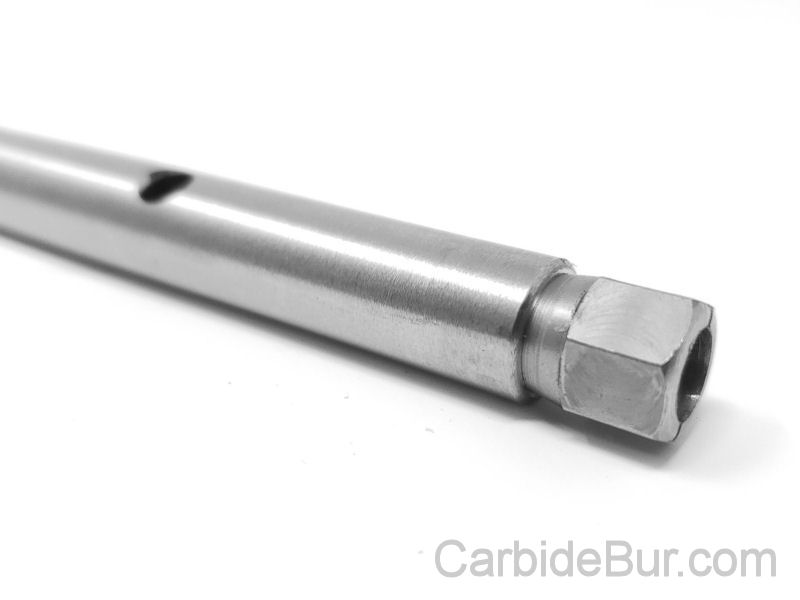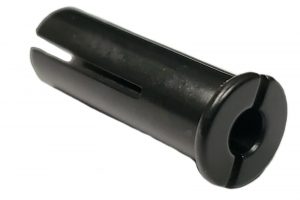Automotive Industry
Our carbide bur die grinder bits and cutting tools are extremely important in the automotive industry. We will explain more about what the automotive industry is below.
The automotive industry comprises a wide range of companies and organizations involved in the design, development, manufacturing, marketing, and selling of motor vehicles. It is one of the world’s largest economic sectors by revenue. The automotive industry does not include industries dedicated to the maintenance of automobiles following delivery to the end-user, such as automobile repair shops and motor fuel filling stations.
The word automotive comes from the Greek autos (self), and Latin motivus (of motion), referring to any form of self-powered vehicle.[clarification needed] This term, as proposed by Elmer Sperry (1860-1930), first came into use with reference to automobiles in 1898.
History
The automotive industry began in the 1860s with hundreds of manufacturers that pioneered the horseless carriage. For many decades, the United States led the world in total automobile production. In 1929, before the Great Depression, the world had 32,028,500 automobiles in use, and the U.S. automobile industry produced over 90% of them. At that time the U.S. had one car per 4.87 persons.[4] After World War II, the U.S. produced about 75 percent of world’s auto production. In 1980, the U.S. was overtaken by Japan and then became world’s leader again in 1994. In 2006, Japan narrowly passed the U.S. in production and held this rank until 2009, when China took the top spot with 13.8 million units. With 19.3 million units manufactured in 2012, China almost doubled the U.S. production, with 10.3 million units, while Japan was in third place with 9.9 million units. From 1970 (140 models) over 1998 (260 models) to 2012 (684 models), the number of automobile models in the U.S. has grown exponentially.
Safety
Safety is a state that implies to be protected from any risk, danger, damage or cause of injury. In the automotive industry, safety means that users, operators or manufacturers do not face any risk or danger coming from the motor vehicle or its spare parts. Safety for the automobiles themselves, implies that there is no risk of damage.
Safety in the automotive industry is particularly important and therefore highly regulated. Automobiles and other motor vehicles have to comply with a certain number of norms and regulations, whether local or international, in order to be accepted on the market. The standard ISO 26262, is considered as one of the best practice framework for achieving automotive functional safety.
In case of safety issues, danger, product defect or faulty procedure during the manufacturing of the motor vehicle, the maker can request to return either a batch or the entire production run. This procedure is called product recall. Product recalls happen in every industry and can be production-related or stem from the raw material.
Product and operation tests and inspections at different stages of the value chain are made to avoid these product recalls by ensuring end-user security and safety and compliance with the automotive industry requirements. However, the automotive industry is still particularly concerned about product recalls, which cause considerable financial consequences.
Need a longer reach?
Try our 4″ and 9″ extension tool for your carbide bur bits
Economy
Around the world, there were about 806 million cars and light trucks on the road in 2007, consuming over 980 billion litres (980,000,000 m3) of gasoline and diesel fuel yearly. The automobile is a primary mode of transportation for many developed economies. The Detroit branch of Boston Consulting Group predicted that, by 2014, one-third of world demand would be in the four BRIC markets (Brazil, Russia, India and China). Meanwhile, in the developed countries, the automotive industry has slowed down. It is also expected that this trend will continue, especially as the younger generations of people (in highly urbanized countries) no longer want to own a car anymore, and prefer other modes of transport. Other potentially powerful automotive markets are Iran and Indonesia. Emerging auto markets already buy more cars than established markets. According to a J.D. Power study, emerging markets accounted for 51 percent of the global light-vehicle sales in 2010. The study, performed in 2010 expected this trend to accelerate. However, more recent reports (2012) confirmed the opposite; namely that the automotive industry was slowing down even in BRIC countries. In the United States, vehicle sales peaked in 2000, at 17.8 million units.
Try our 1/4” to 1/8” Collet Reducer
Allows you to use 1/8” shank carbide bits in your 1/4” collet router
All our USA made carbide bur cutting tools ship SAME DAY ordered by USPS Mail with online tracking.
We can also dropship the carbide bur die grinder bits, if interested in joining our FREE dropship program.
We accept debit and all major credit card payments including Visa, MasterCard, Discover, American Express and PayPal. Fast and easy secure checkout with no account or login required. If you have any questions, visit our FAQ page or contact us here.

Follow us on Facebook, Twitter and Instagram
Return to CarbideBur.com
Carbide Burs – 1/4″ on 1/8″ Shanks – Accessories – Aluminum Cut – Bur Sets – End Mills – Long Shank – Solid Burs





